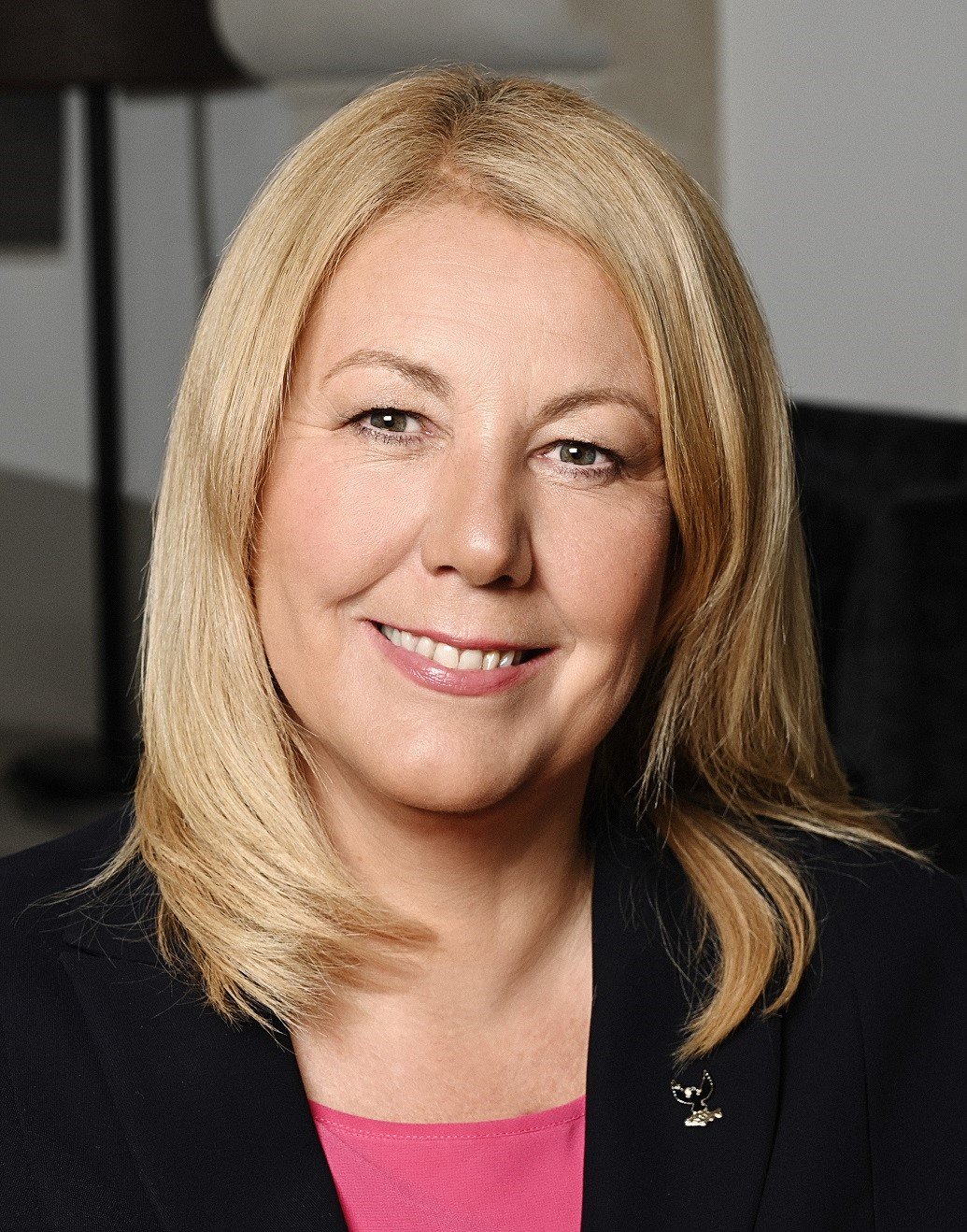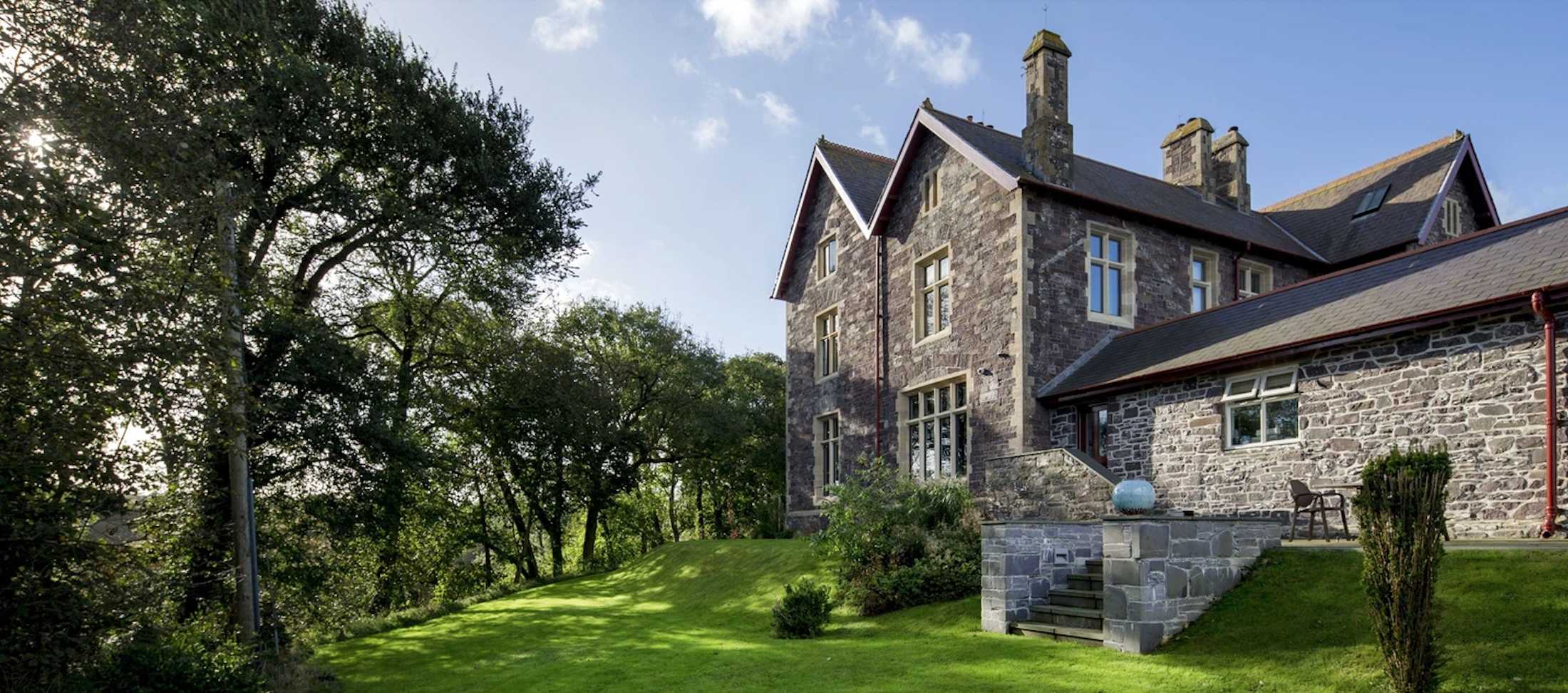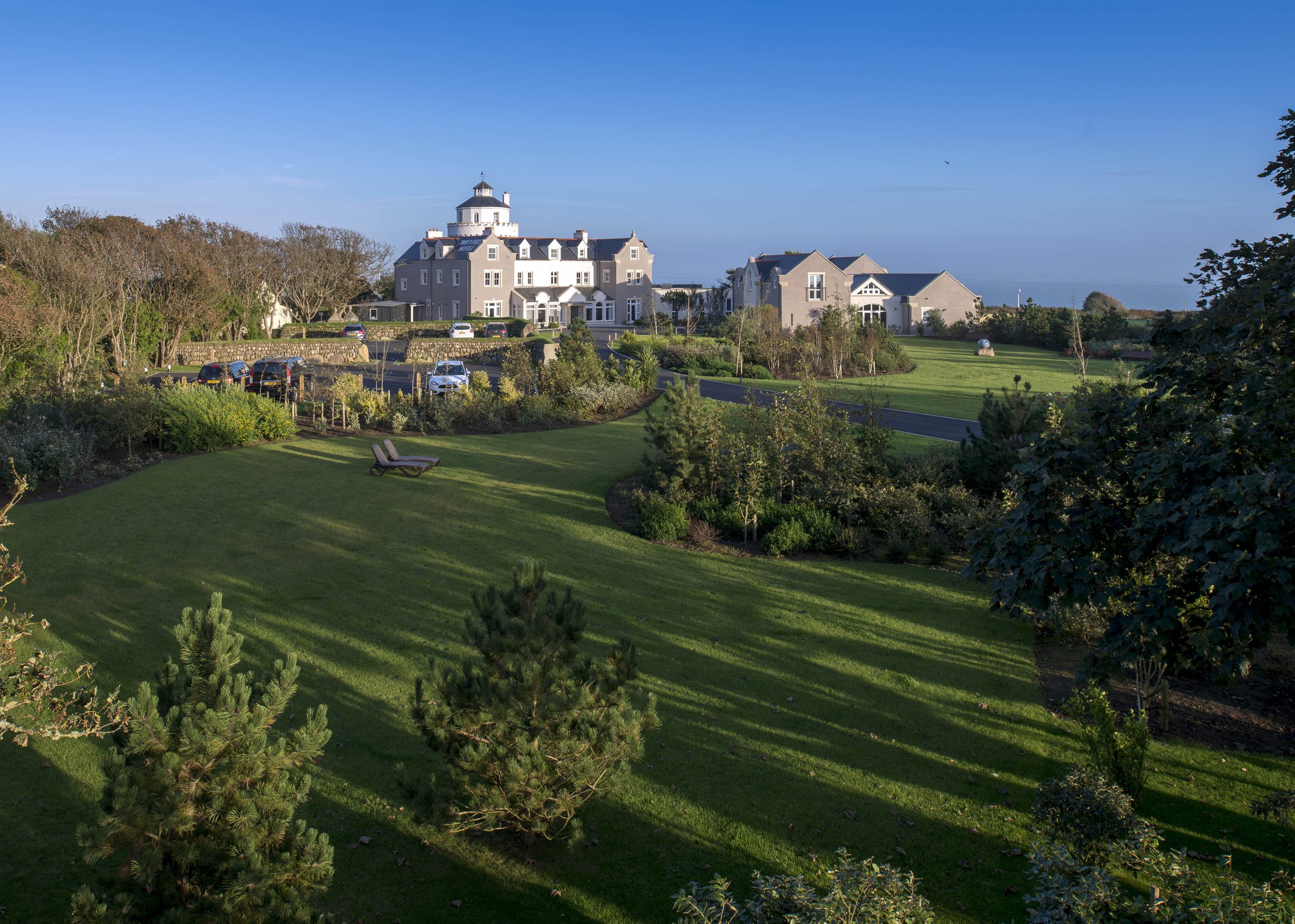Can you describe the development of the Green Key programme in Slovenia? It has been quite a development from the beginning, having challenges attracting establishments while today the programme has become popular in Slovenia. What kind of internal and external factors created this development?
In the last three years, the Green Key programme in Slovenia has had significant growth up to almost 90 facilities at this moment.
We did struggle for a few years before really starting the programme. However, we did many valuable things meanwhile such as translating application forms, preparing Green Key brochures, arranged some meetings with potentials candidates, but only the national Slovenian Green scheme with the Ministry of Economic Development and Technology's financial initiatives for the potential candidates entering the Slovenian Green scheme made a real breakthrough and started the programme three years ago.
Within the last three years, the programme's growth was so intense that we had to employ one full-time person, and only volunteering was not possible. Today we do have three DOVES-FEE Slovenia members involved, one full-time, two on a volunteer basis. We also established an excellent partnership with an NGO, Institute ROS, that organises Sustainable Tourism Workshops and help the potential candidates that decide for such support gain the Green Key status.
We do have to stress that growth occurred even with solid sustainable labels alternatives on the market. Nowadays, we are proud to be N.1 sustainable label for tourism facilities in Slovenia. The success is probably connected with the methodology/framework Green Key uses because we are on competitive levels, price-wise.
Most Green Key awarded establishments in Slovenia are in the "small accommodations" category. Why is this category so popular in Slovenia? And has it impacted the interest for Green Key from other types of establishments (in different categories)?
The small accommodation category leads, mainly because the Ministry of Economic Development and Technology's financial initiatives suit them most.
We are confident that the Slovenia Green scheme national campaign made the most significant impact on other categories. For example, in 2021, the focus is on Green cuisine, so many top restaurants join the Green Key programme. For instance, JRE restaurants, many of them also awarded Michelin.
But we do have to stress that we do have all accommodations types present already. Unforgettably, we did have the world's first winery involved in Green Key (https://klet-brda.si/) as our first attraction. The hotels started joining the programme last year, and we now have more than ten hotels involved already. On the other hand, there is a demand for a Tourism agencies/offices category that we do not have in the Green Key programme.
How has the Covid-19 pandemic affected the Green Key programme in Slovenia and what is your vision for Green Key in Slovenia in the coming years? Do you see the development in Slovenia having a possible impact on attracting establishments to Green Key in the wider Balkan region?
We are cautious with the projections, especially due to the Covid-19 situation and because national green initiatives will not be present or will have a different focus.
On the other hand, we noticed a change in tourist behaviour that search for clean, not so crowded destinations where you can taste almost zero km food and more actively spend your holidays in nature. Green Key facilities are and can be a reference point for this category of travellers.
We hope that the number of Green Key establishments in Slovenia and the EU (where most tourists came in Slovenia) will still grow.
We are also very confident that sustainable tourism will be a part of all booking platforms. It will attract even more establishments worldwide to join one of the sustainable or eco-labels available on the market. We are very confident that Green key, as a world-leading label, will have the best success.












